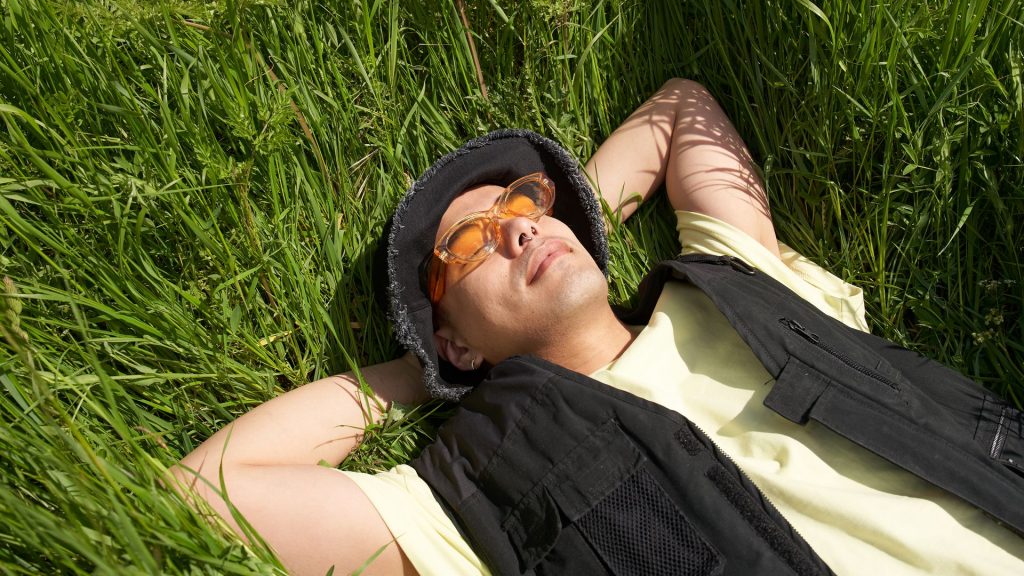Researchers say the secret to anti-aging might be hiding in your backyard

Aging comes with wrinkles, gray hair and stiff joints. While anti-aging products flood the market, researchers are now exploring whether a vitamin you can get from sunlight might actually protect your DNA. A new study published in the American Journal of Clinical Nutrition found that vitamin D supplements may help slow aging at the cellular level by preserving telomeres, the protective ends of chromosomes that naturally shorten over time.
Vitamin D and your DNA
The study analyzed 25,871 participants — U.S. women aged 55 and older and men aged 50 and older — who received either a placebo or a daily dose of 2,000 IUs of vitamin D3 and one gram of omega-3 fatty acids for four years.
Researchers from Brigham and Women’s Hospital, an affiliate of Harvard Medical School, found that those who took vitamin D had significantly less telomere shortening compared to those who received the placebo. Omega-3s did not show the same benefit on their own.
Telomeres, often described as the plastic tips of shoelaces, act as protective caps at the ends of DNA strands. As we age, telomeres shorten, which limits a cell’s ability to divide. Once too short, the cell either dies or becomes inactive. Scientists have linked shorter telomeres to age-related diseases such as cancer, heart disease and cognitive decline.
A cautious but hopeful outlook
Despite the promising results, study co-authors stress to Fortune that more research is needed. Vitamin D is not a cure-all. A healthy diet, exercise, and overall lifestyle still play critical roles in healthy aging.
Vitamin D toxicity is rare but possible. It can lead to calcium buildup in the blood, causing nausea, weakness and kidney problems. The Mayo Clinic and other health authorities recommend no more than 600 to 800 IUs of vitamin D per day for most adults. But Dr. Bruce Hollis — a vitamin D researcher not involved in the study — and other researchers argue that these numbers may be too conservative.
In a podcast with Dr. Eric Berg last year, Hollis discussed his opinion on vitamin D research in the U.S.
He says people who live in sun-rich areas or who train outdoors often have much higher vitamin D levels in their system naturally. Hollis takes 2,000 IUs daily, as recommended by his primary care physician, who also advises the dosage to her other patients.
Healthy lifestyle is key
Vitamin D may not be a miracle solution, but this new study adds to growing evidence that it could significantly reduce inflammation and slow cellular aging. While more research is needed, getting adequate vitamin D through safe sun exposure, diet or supplements might help keep your cells younger, longer.





